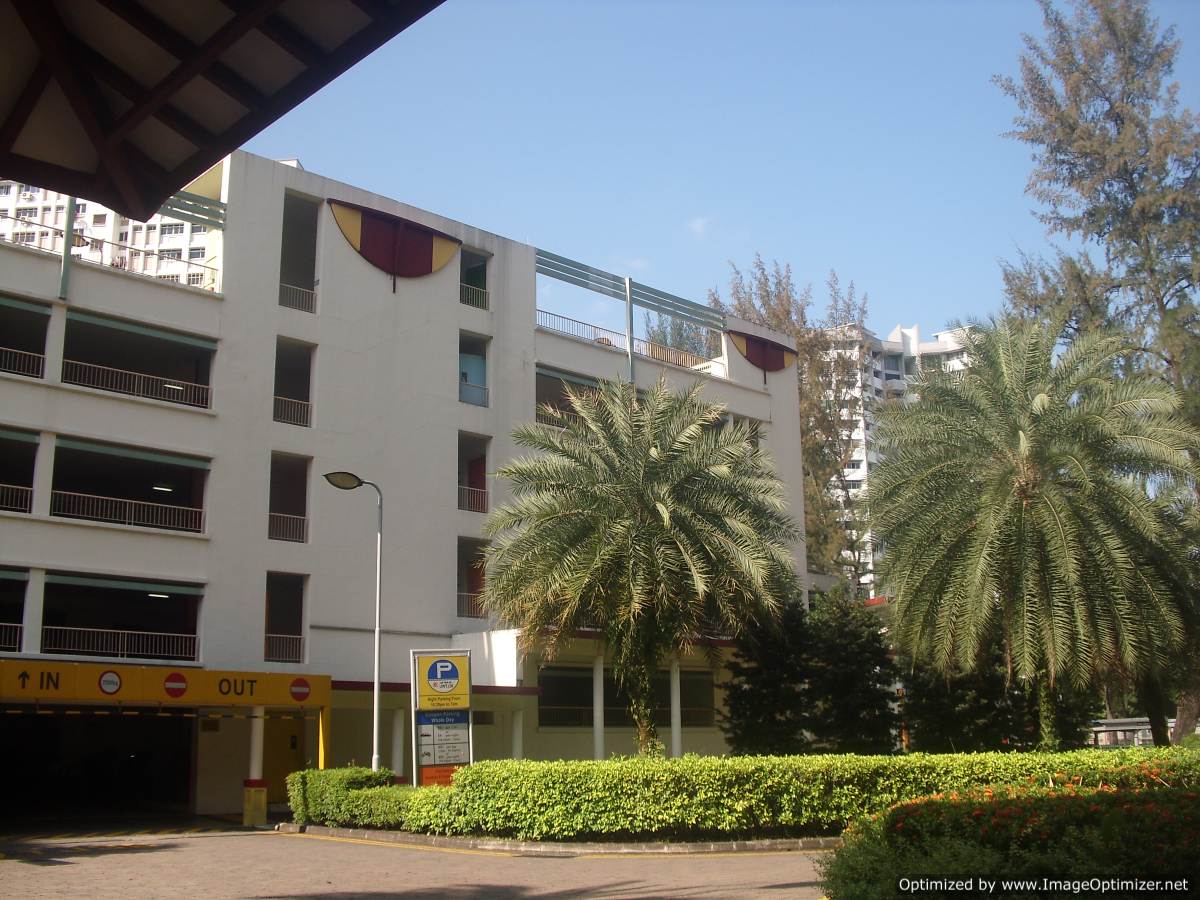MAS Car Loan Rule in Line with Tighter Home Loan Regulation
By PEARL LIM
In a timely move, Singapore’s Central Bank – Monetary Authority of Singapore (MAS) – has re-introduced financing restrictions for car loans, after a 10-year hiatus.
From February 1995 to January 2003, regulations were in place to limit the car financing quantum to no more than 70% of the purchase price, inclusive of the price of the Certificate of Entitlement (COE), with a maximum loan tenure of 7 years.
This time round, MAS is imposing more stringent measures, with loan quantum tied to the open market value (OMV) of the motor vehicle.
For vehicles with an OMV exceeding S$20,000, the maximum loan-to-value (LTV) ratio is 50% of the transacted price which includes COE and relevant taxes; for OMV at or under S$20,000, the LTV limit is 60%.
The loan tenure is to be capped at 5 years.
For refinancing, only the tenure cap will apply.
In a similar vein, since the second round of property cooling measures in February 2010, the maximum loan-to-value (LTV) ratio for home loans has been tweaked to prevent borrowers from over-stretching themselves.
Borrowers with no outstanding home loans have their LTV ratio slashed from 90% to 80% , and 60% if the loan tenure exceeds 30 years or extends past 65 years old. For borrowers with outstanding mortgages, the LTV can go as low as 20%.
With the current climate of ultra low interest rates, MAS is acting in the right direction to prevent loan delinquencies arising from borrowers over-stretching themselves.
Nonetheless, the comprehensive set of housing regulations implemented in January could be perceived as a tad too stringent.
Instead, some Singaporeans believe more can be done through other avenues to dampen the sizzling property prices. For example, shore up supply of housing to bring downward pressure on prices. While this is what Housing Development Board (HDB) has been doing, some still think this is inadequate. Last year, saw the highest number of new HDB flats released for sales at 27,084. This year, at least 20,000 more flats will be launched for sale.
Housing supply aside, others feel that the number of foreigners allowed into this little red dot should continue to be tightly controlled in order to curb housing demand from this group. Rather, labour force productivity have to be ramped up to make up for the labour shortfall. Upping productivity rather than relying on foreigners will ensure that the country has adequate living space for quality growth.
In the short term, however, productivity cannot be significantly enhanced.
Like Singapore, governments the world over are also relying on financing regulation, stamp duties and/or taxes to rein in their real estate market, and earn extra revenue.
Singapore will likely continue to impose some financing regulations or other if the economy falters; thus borrowing with a property as collateral may be more restrictive than now. Property owners may want to take a loan now for financial contingencies. Get in touch with a mortgage consultant today!
For advice on a new home loan.
For refinancing advice.
Download this article here.





